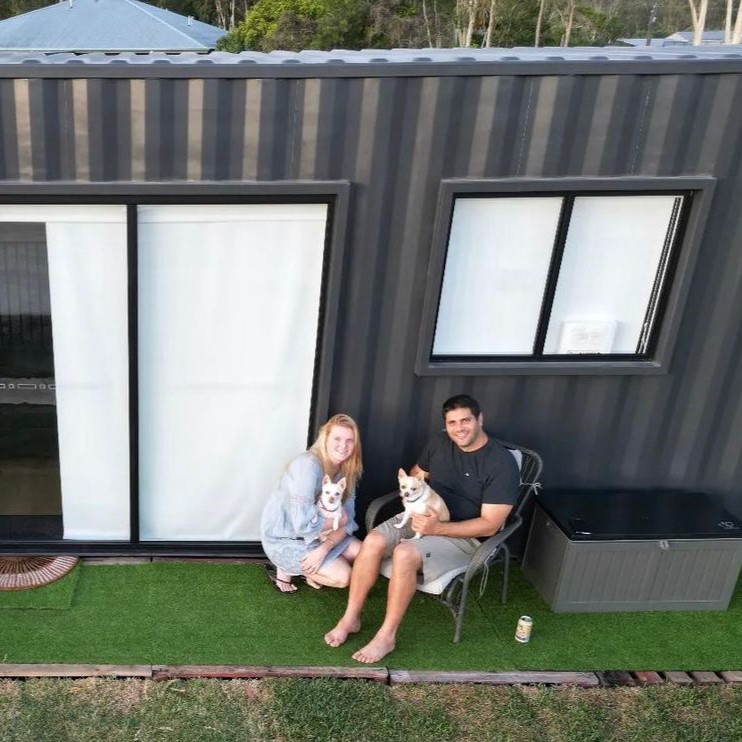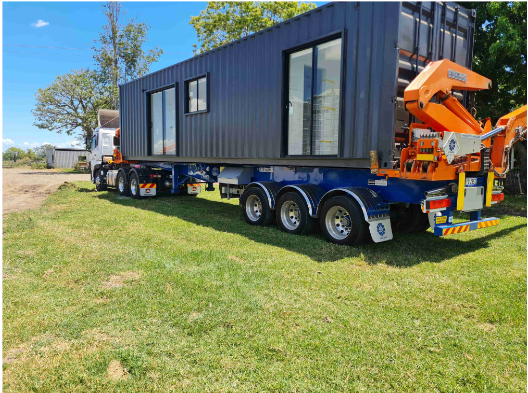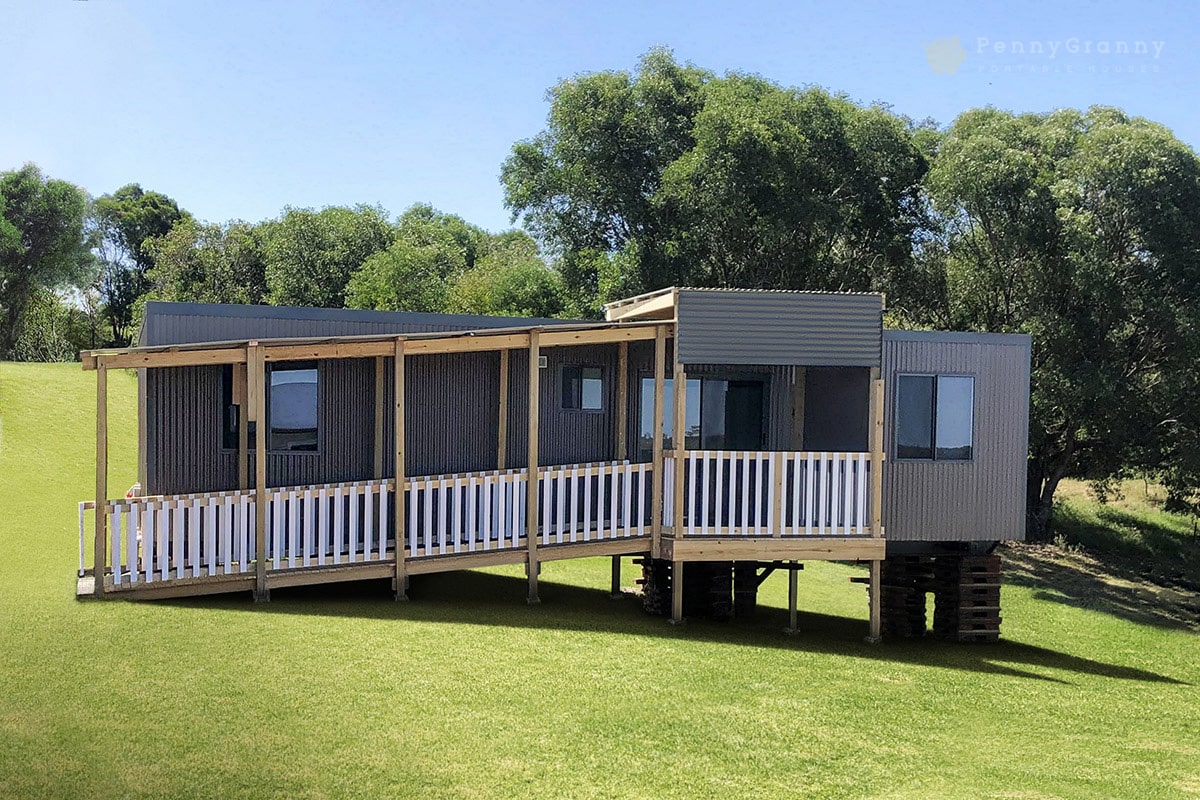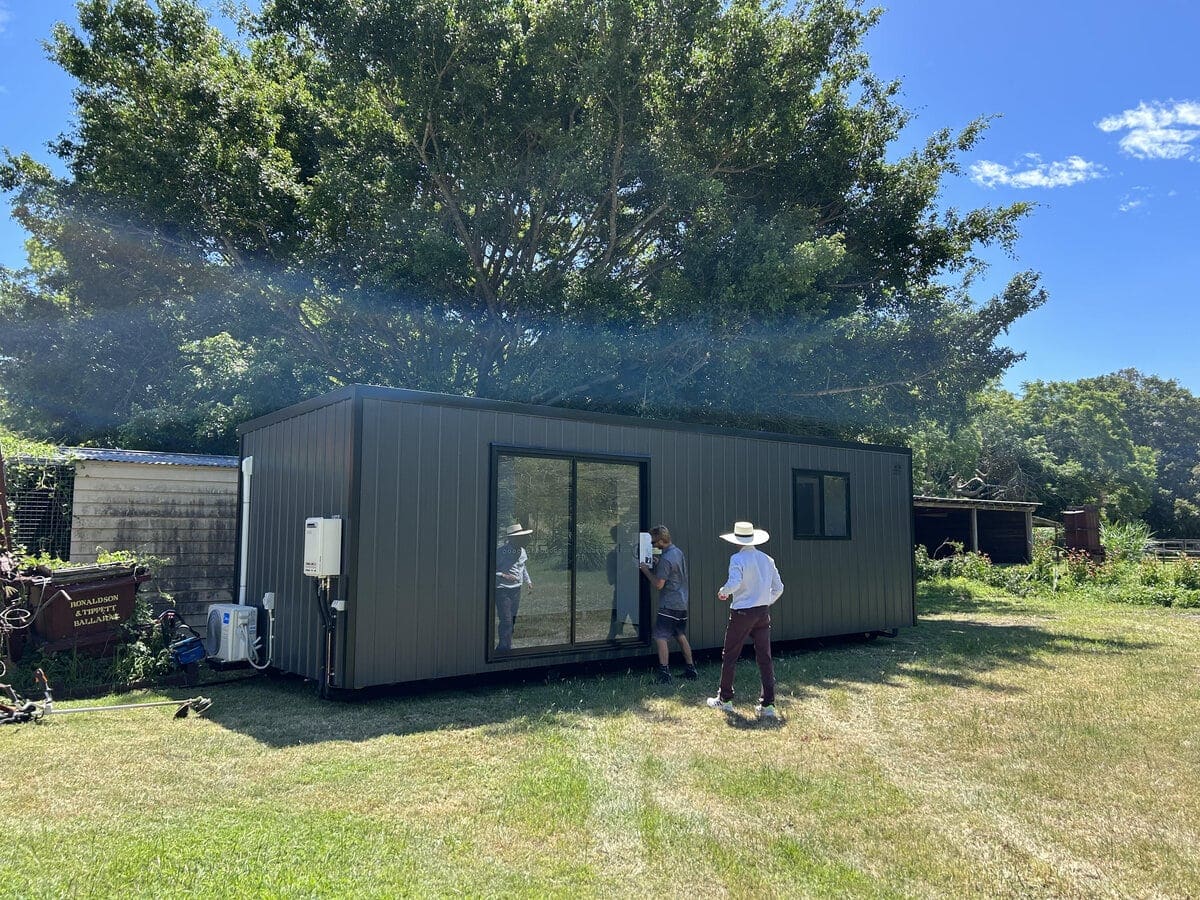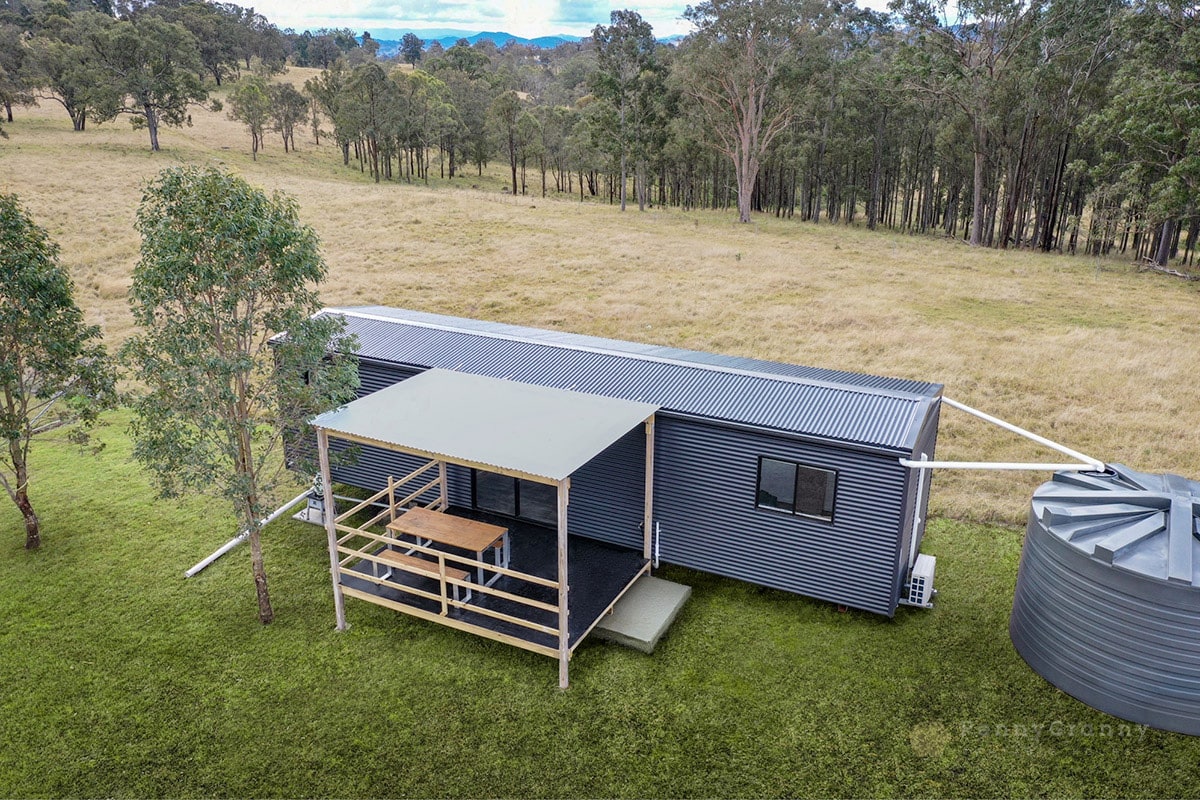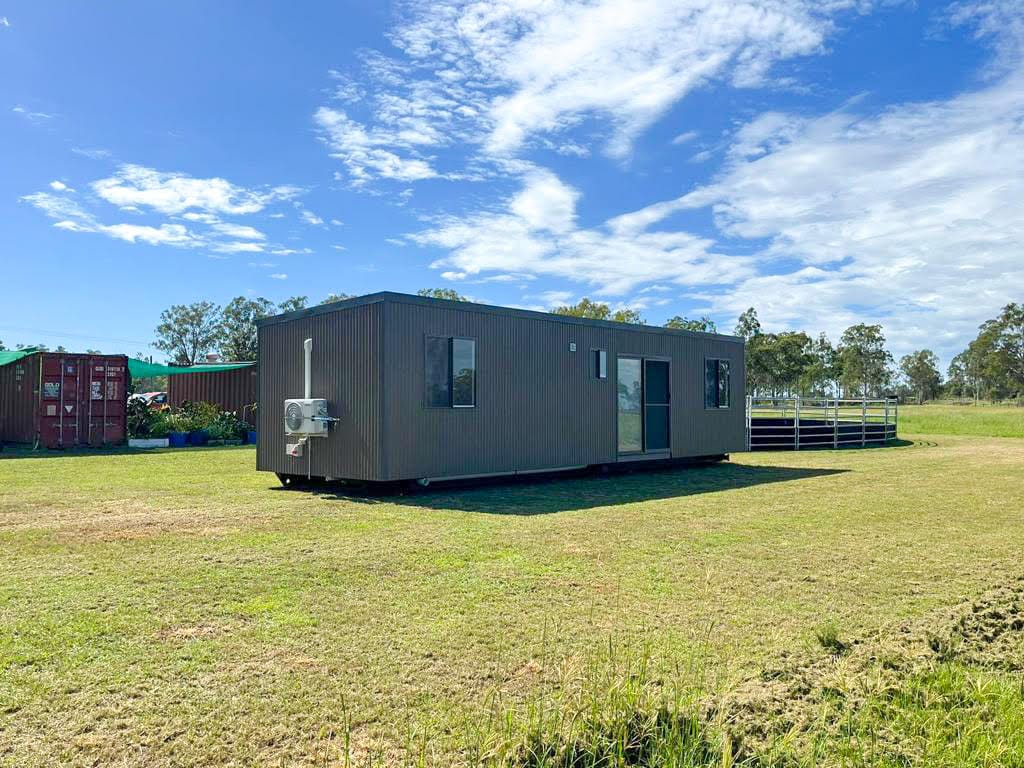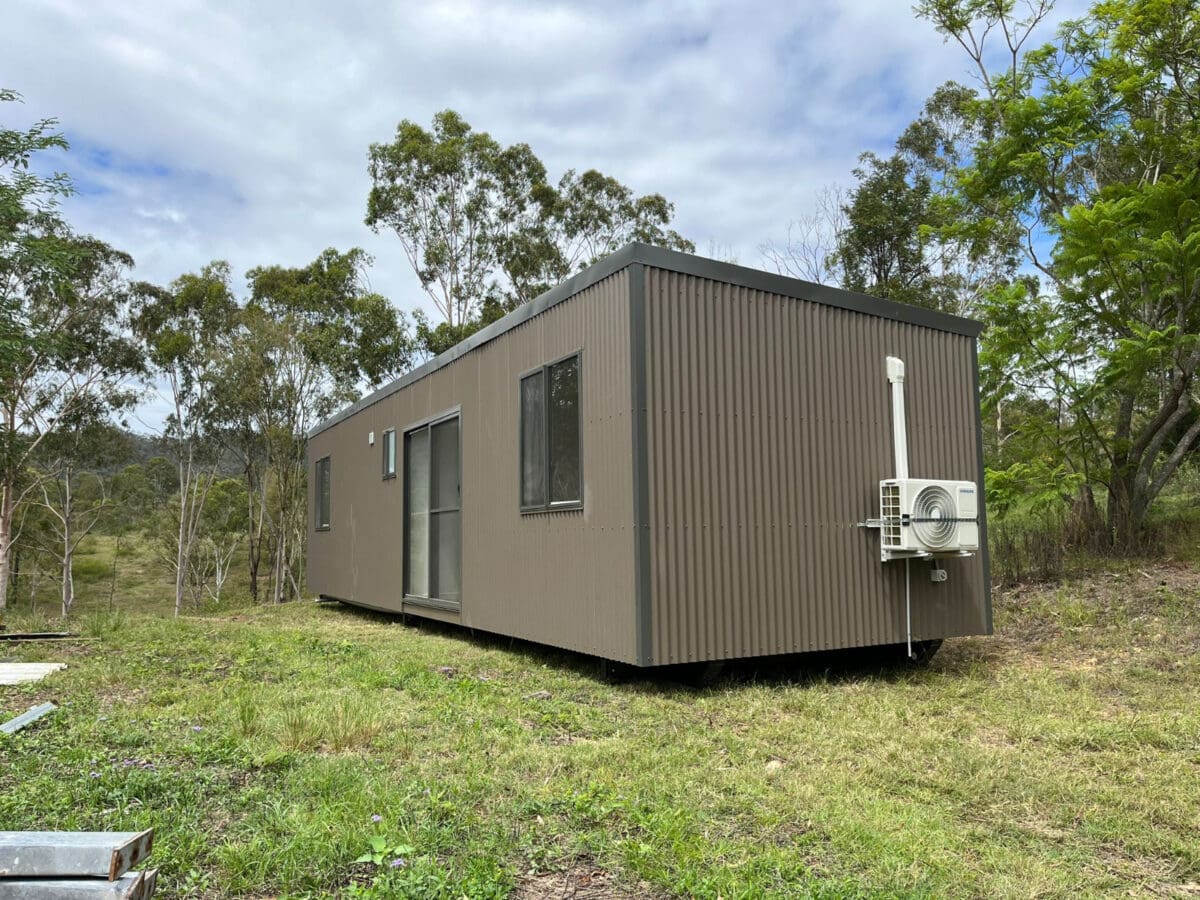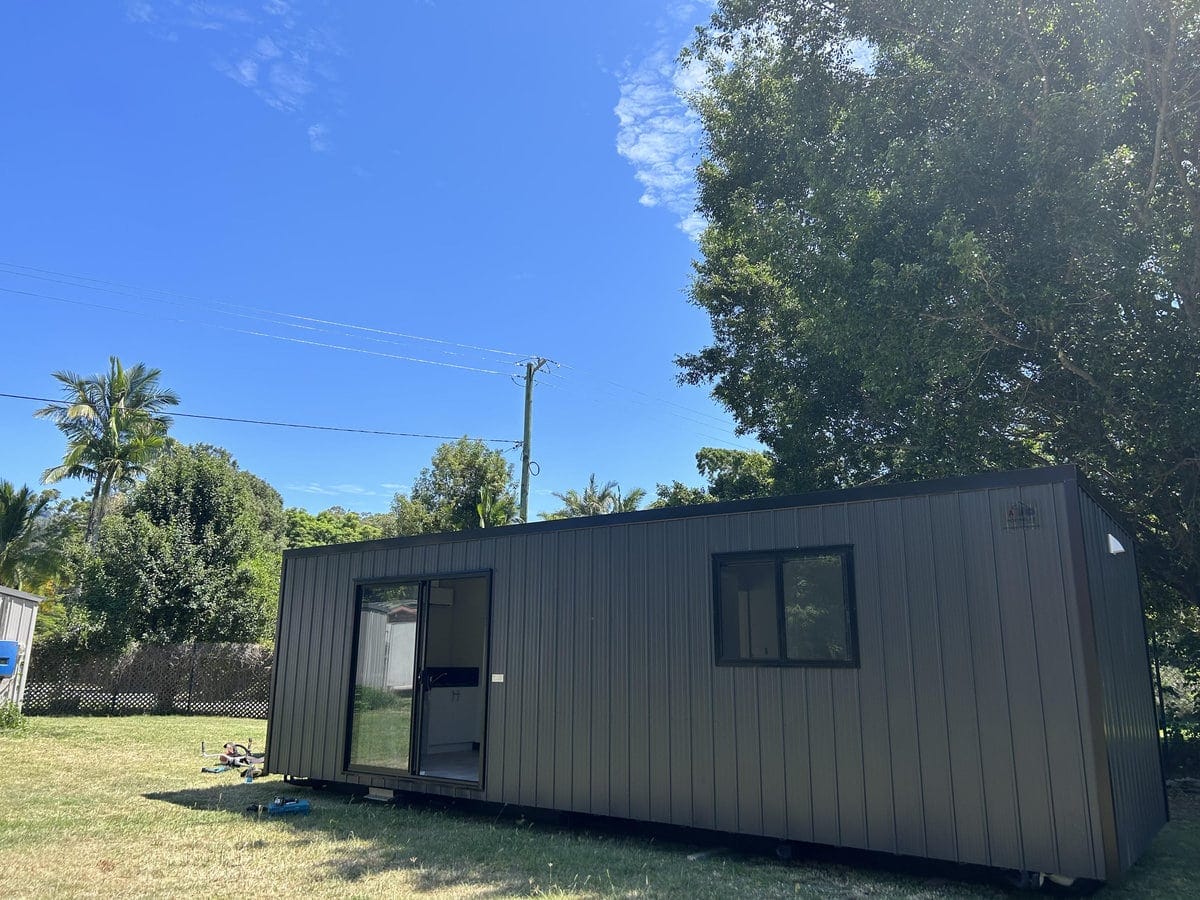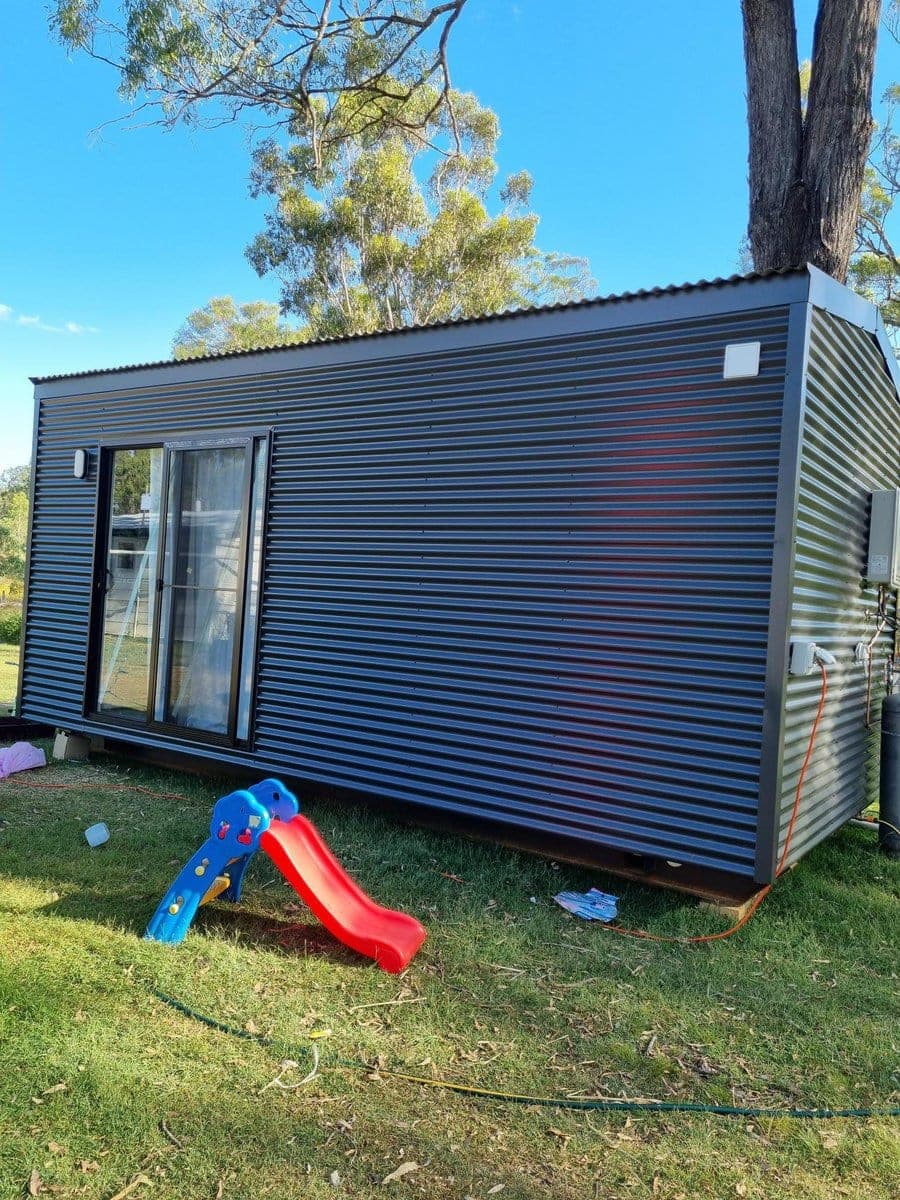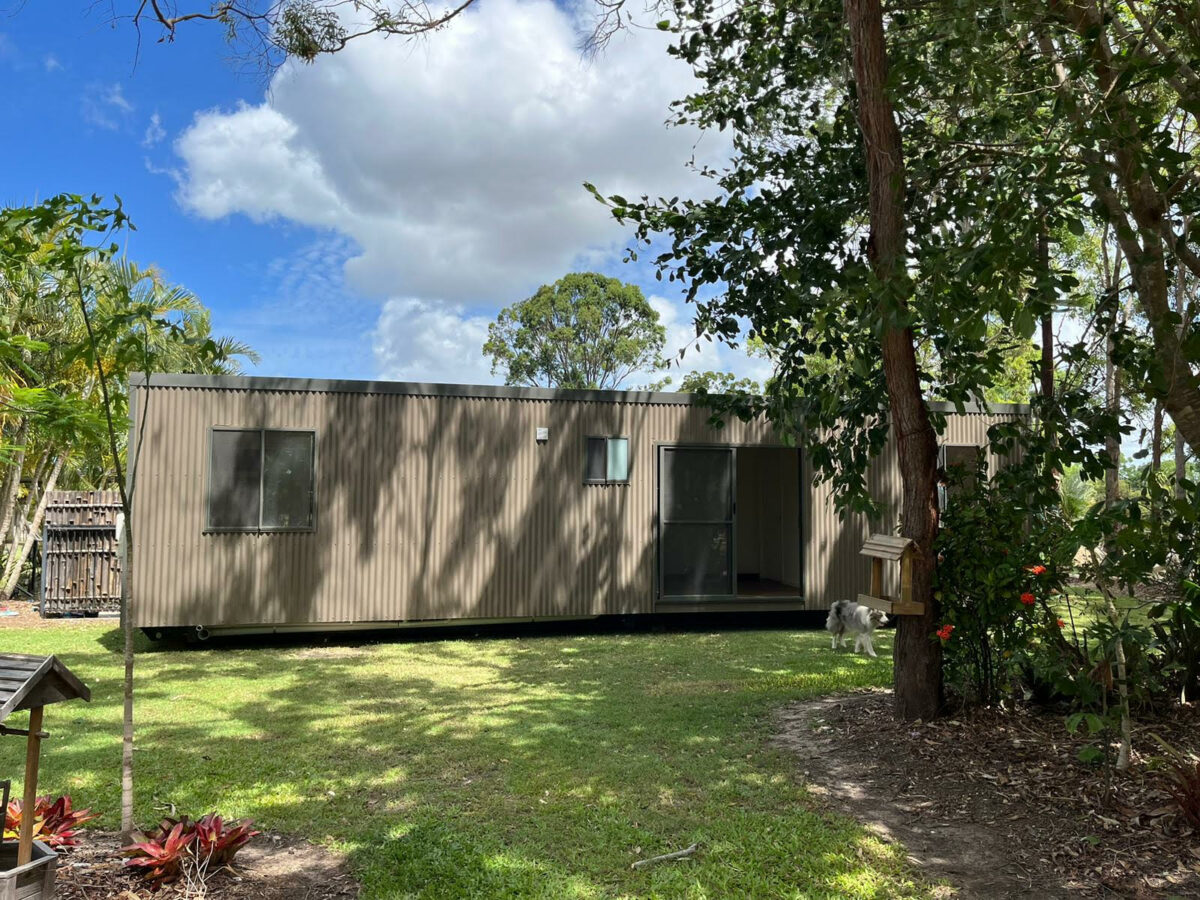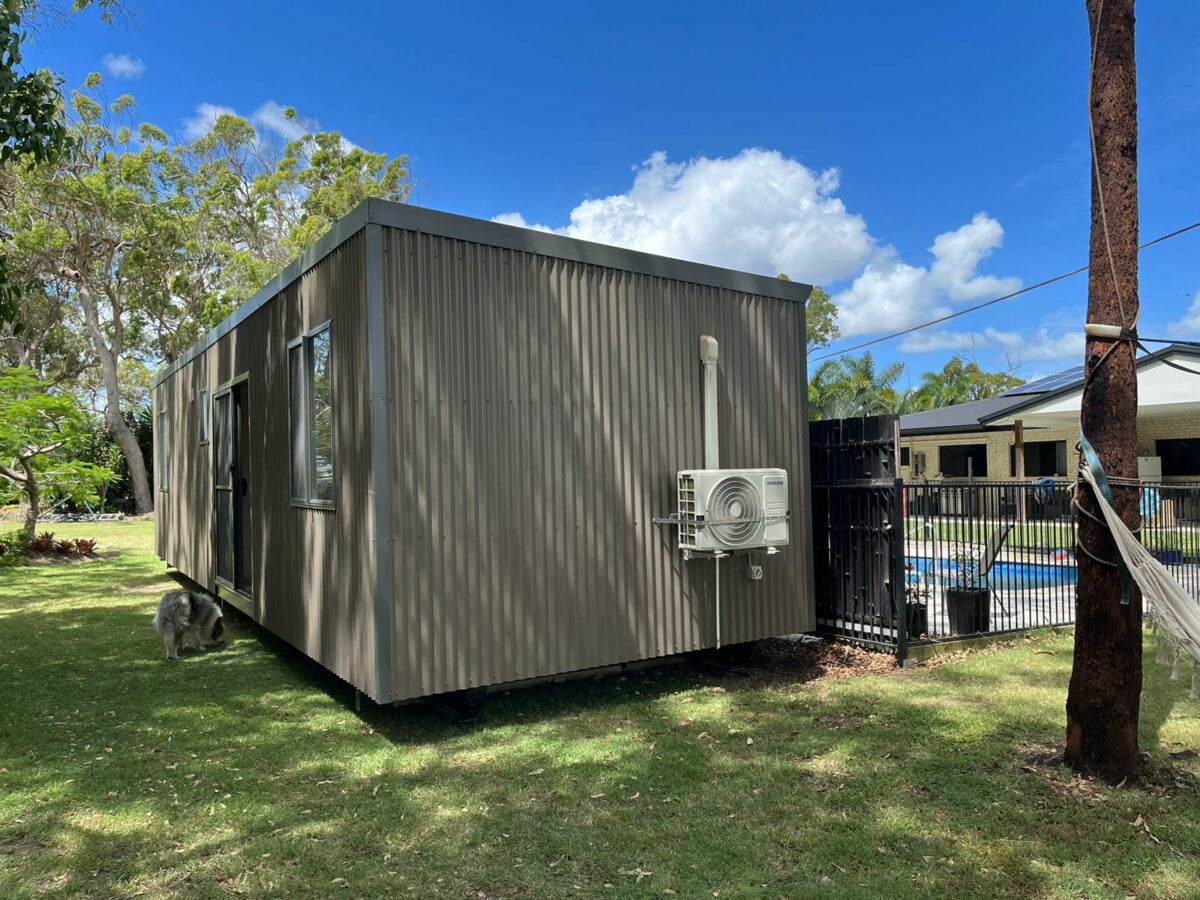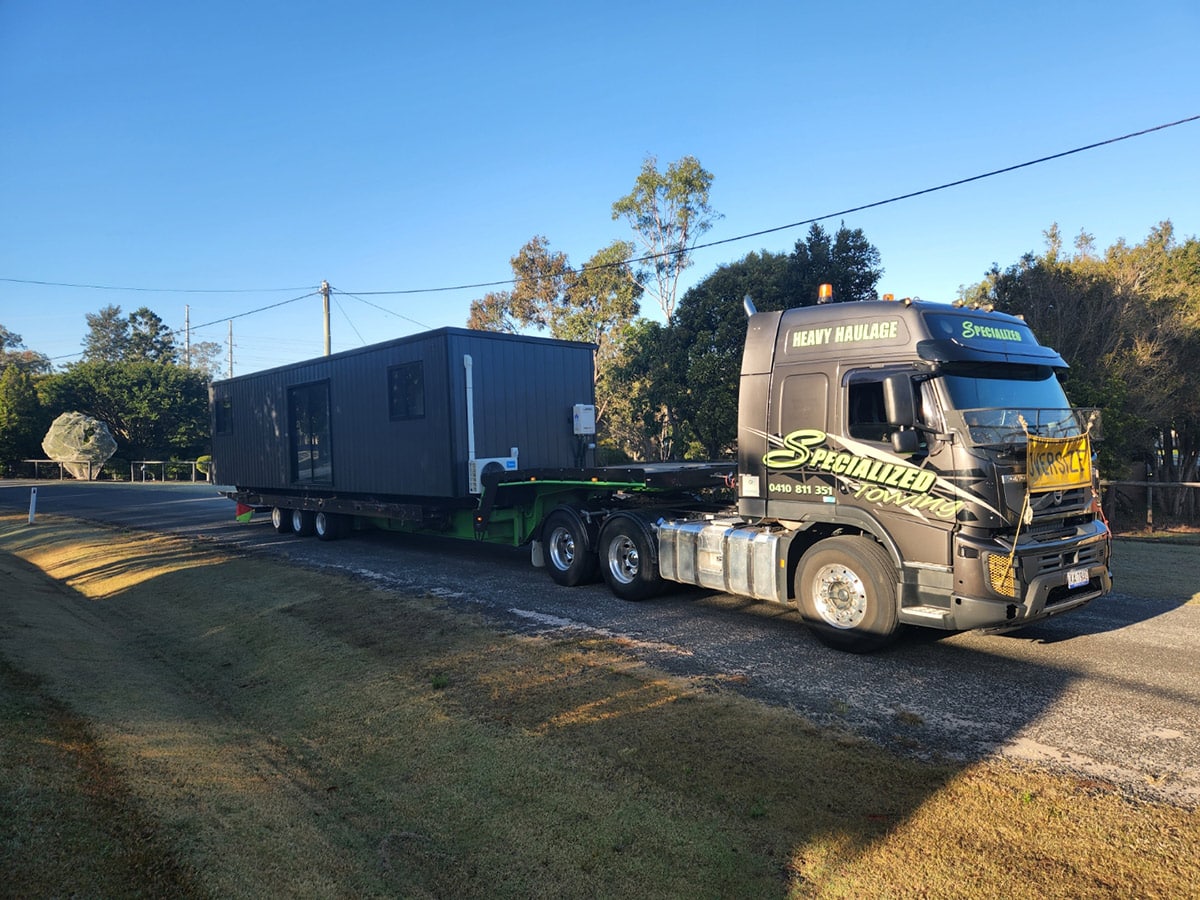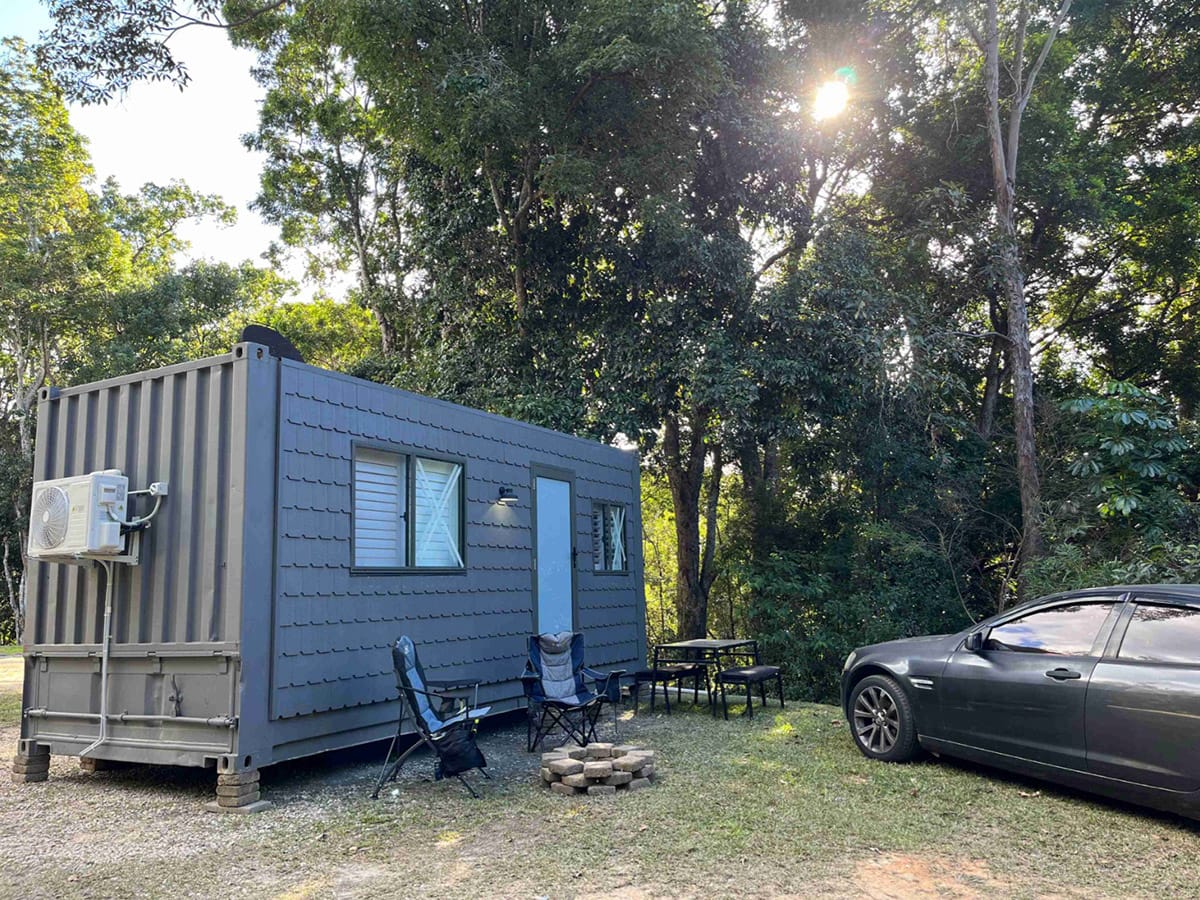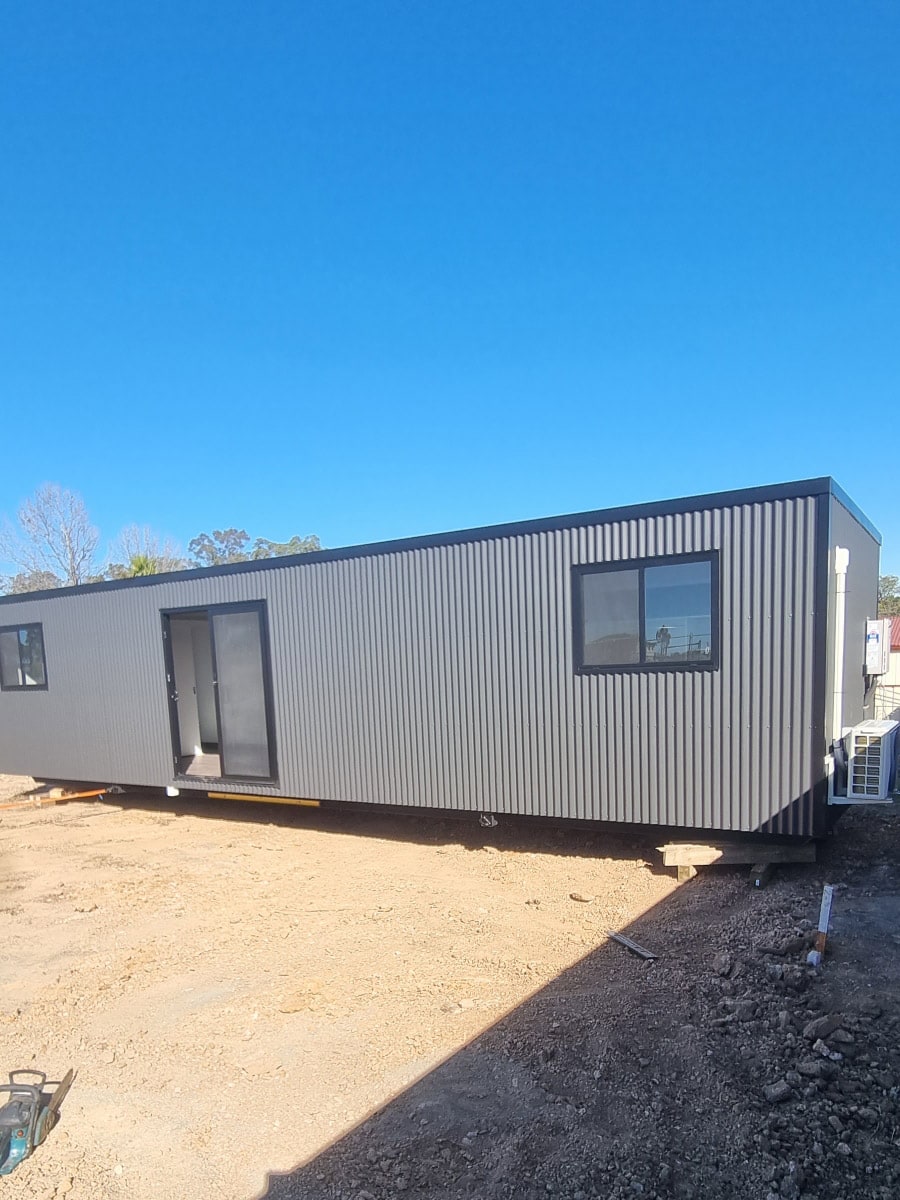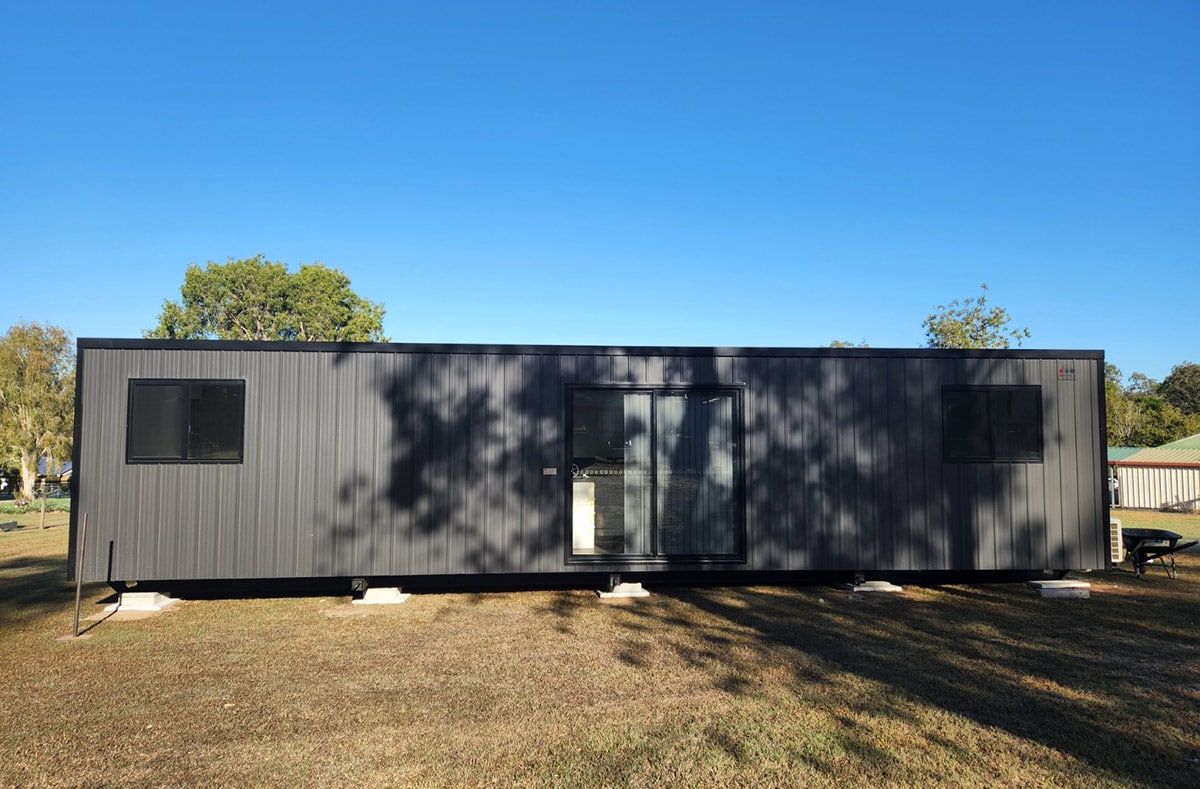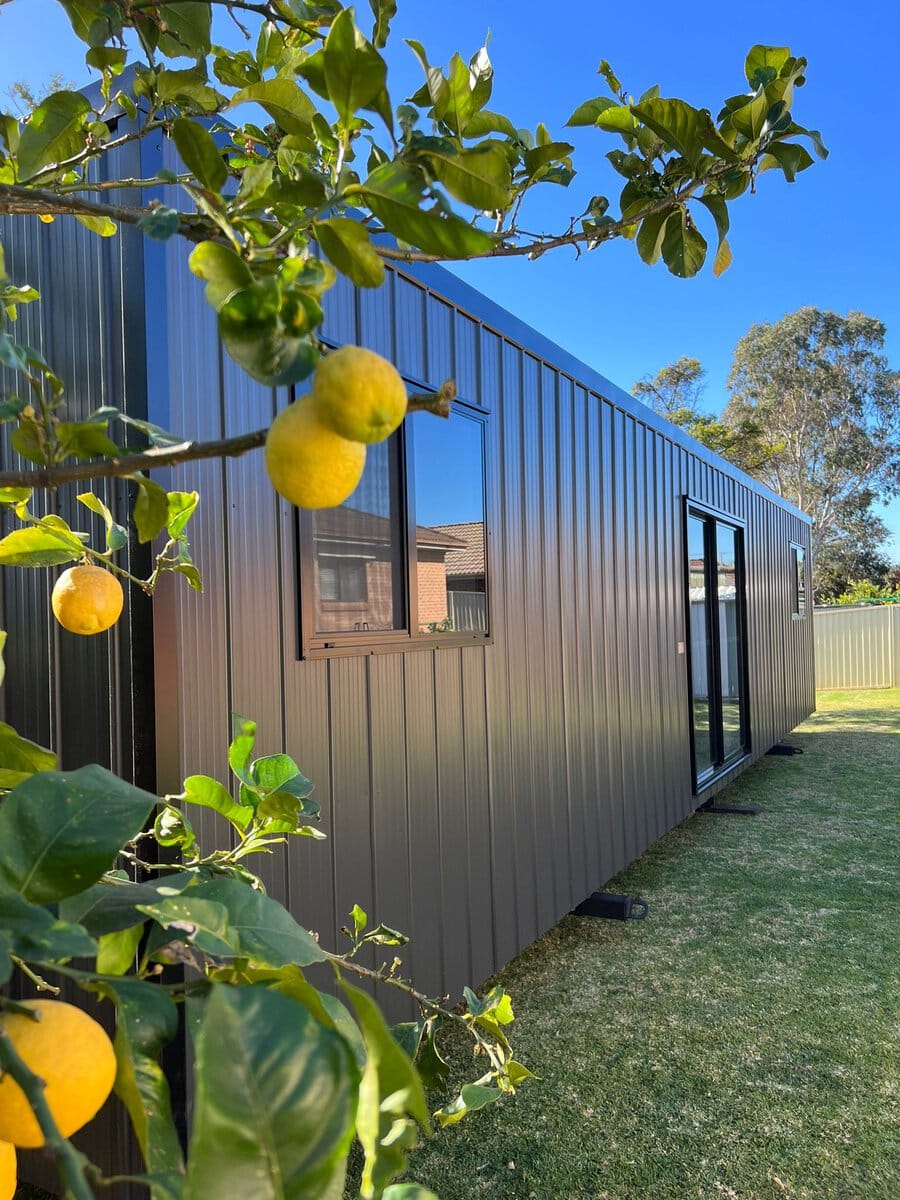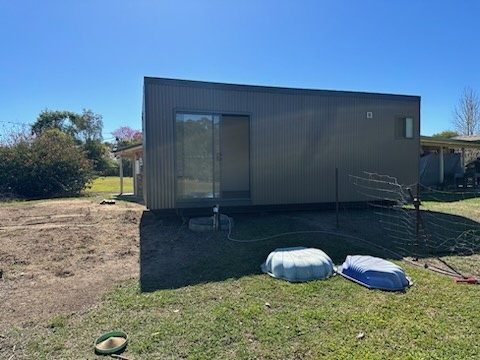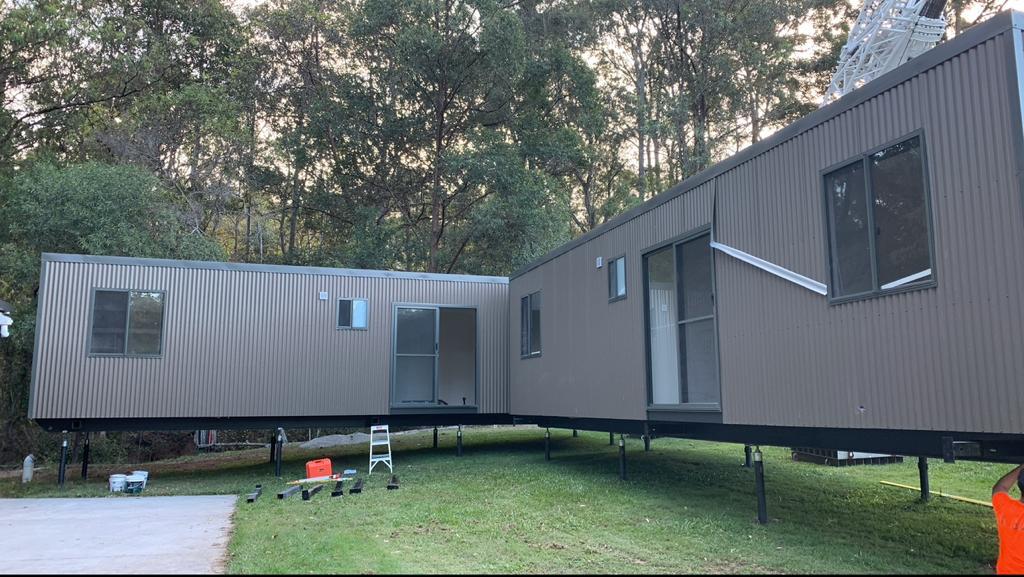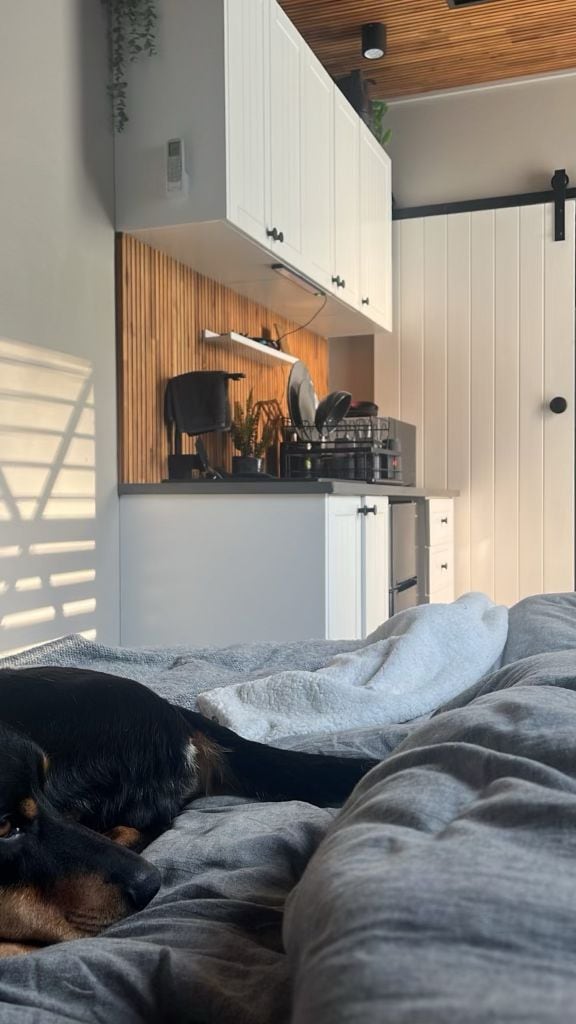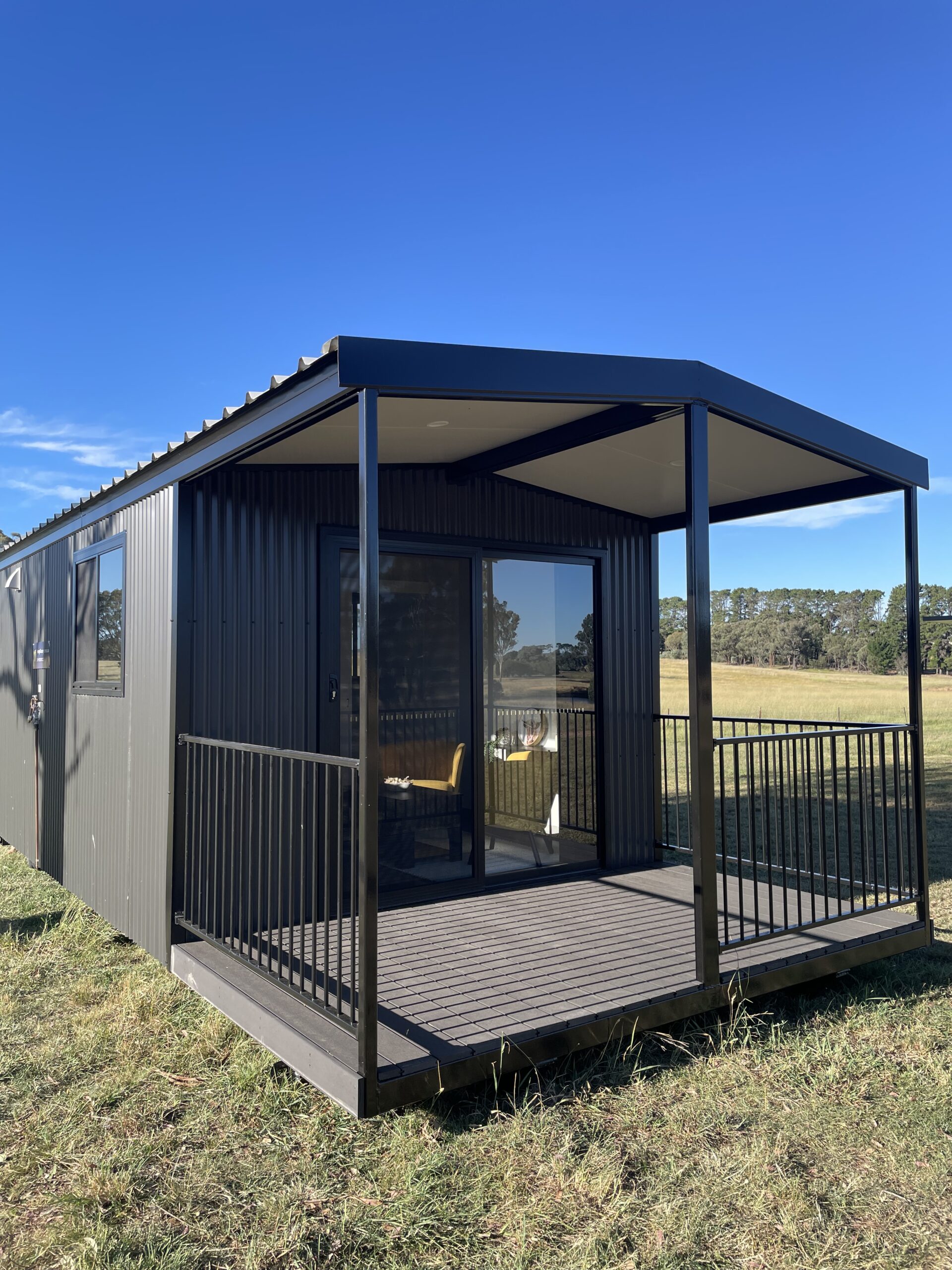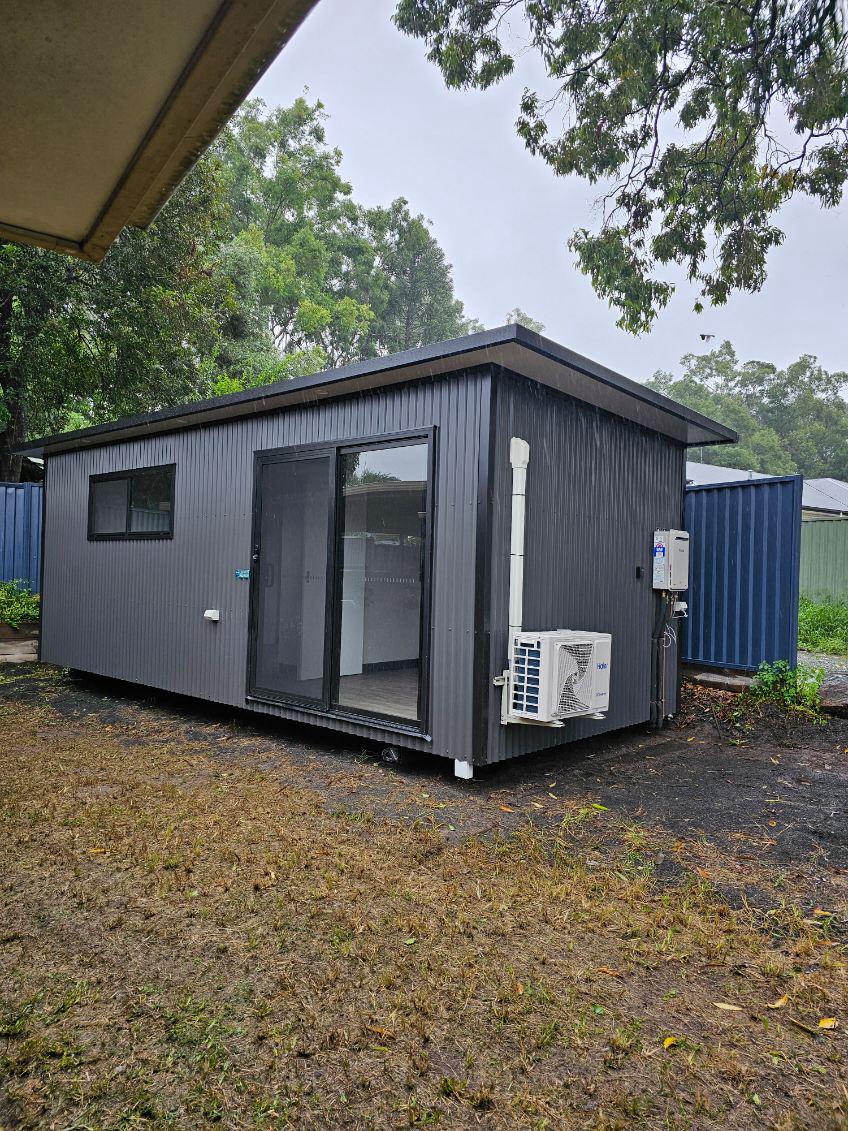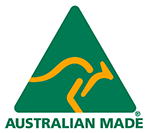The construction industry is transforming with the rise of prefabricated portable buildings and other Modern Methods of Construction, which offer innovative alternatives to traditional onsite building methods. To support this evolution, the Australian Building Codes Board (ABCB) has released the Prefabricated, Modular, and Offsite Construction Handbook under the National Construction Code (NCC) 2022. This resource is intended to assist manufacturers, builders, plumbers, designers, appropriate authorities, and others in applying the NCC to buildings built offsite (including residential prefabricated portable buildings classified as Class 1 and Class 2).
This handbook aims to streamline compliance for prefabricated portable buildings, modular systems, and offsite manufactured buildings, ensuring projects align with building standards.
Modern Methods of Construction Explained
MMC encompasses a variety of innovative construction methods, including:
- Prefabricated portable buildings: Assembling components offsite before delivering them to the construction site.
- Offsite manufacturing: Producing building elements or entire buildings in controlled environments to ensure precision and efficiency.
- Modular and volumetric dwellings: Creating fully functional, transportable units, ready for installation upon arrival.
- Emerging technologies like 3D printing, robotics, and AI that revolutionise how structures are designed and built.
These methods represent a shift away from traditional construction practices, offering faster project delivery, better quality control, and enhanced sustainability.
How the Handbook Supports Modern Construction
The Prefabricated, Modular, and Offsite Construction Handbook is a vital guide for integrating MMC into residential building projects. Key highlights include:
- Understanding compliance pathways: Clear steps for meeting NCC requirements when using modular systems or prefabricated portable buildings.
- Addressing key challenges: Strategies for managing structural integrity, fire safety, and energy efficiency in prefabricated buildings.
- Application of advanced methods: Insights on adopting new technologies in portable building solutions.
Impacts on Prefabricated Portable Building Solutions
At PennyGranny, we pride ourselves on leading the way in prefabricated, modular, and relocatable building design. This updated guidance strengthens our commitment to delivering innovative and NCC-compliant solutions.
Our modular prefabricated portable cabins, such as The Michelle and The Sophie, showcase the benefits of MMC:
- Reduced construction times due to offsite assembly.
- High-quality, eco-friendly materials designed to endure.
- Compliance with updated NCC Class 1 and Class 2 standards.
This approach ensures that our relocatable prefabricated buildings not only meet but exceed expectations for sustainability, durability, and safety.
See our portable cabins for
The Future of Construction: Why Prefabrication Matters
The benefits of prefabricated portable cabins, modular units, and offsite manufactured buildings are numerous:
- Speed: Significantly reduced project timelines compared to traditional methods.
- Efficiency: Enhanced quality control and minimal material waste.
- Sustainability: Reduced environmental impact through smarter manufacturing practices.
As the industry embraces MMC, the possibilities for portable housing and temporary accommodation solutions are endless.
At PennyGranny, we are committed to delivering high-quality, compliant solutions for all your prefabricated portable building needs. Whether you’re looking for a modular home, a portable office, or a temporary accommodation unit, we ensure your project benefits from the latest innovations in construction and successfully passes all approvals required by council and other local authorities.
Contact PennyGranny today for compliant, high-quality modular building solutions. Explore our range of portable buildings for sale or hire and bring your project to life!











